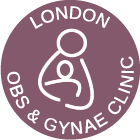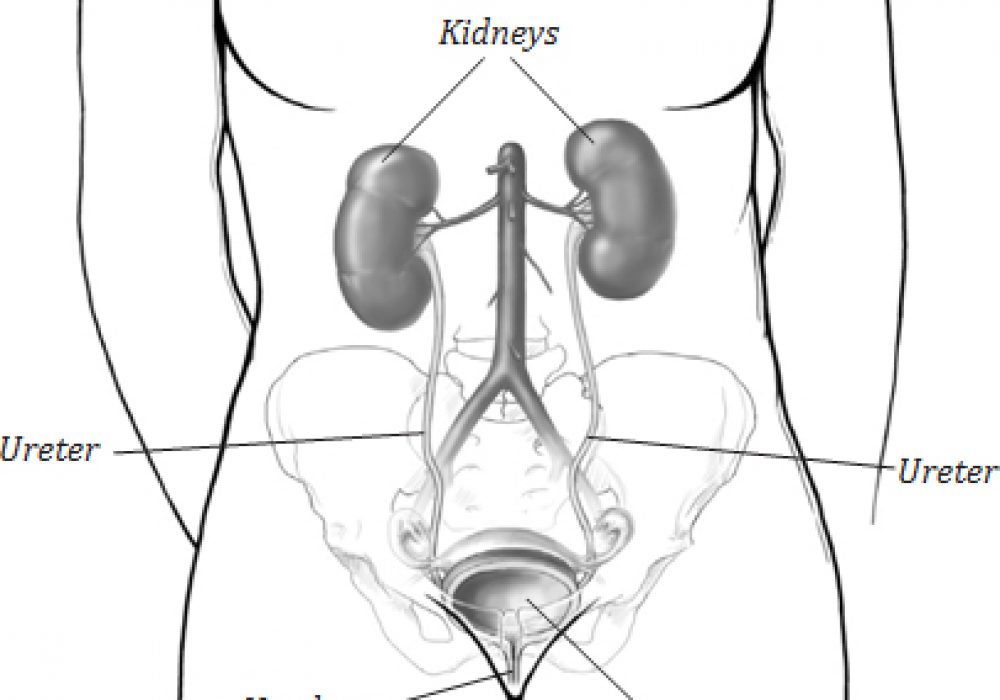One sign is a strong urge to urinate that cannot be delayed (urgency). As urine flows, a sharp pain or burning, called dysuria, is felt in the urethra. The urge to urinate then returns minutes later (frequency). Soreness may be felt in the lower abdomen, in the back, or in the sides. Other signs may show up in the urine. It may have a strong odor, look cloudy, sometimes be tinged with blood. If the bacteria enter the ureters and spread to the kidneys, symptoms also may include back pain, chills, fever, nausea and vomiting.
Kidney infections are serious. They need to be treated promptly. Symptoms linked with a UTI, such as painful urination, can be caused by other problems (such as an infection of the vagina or vulva). Tests may be needed to confirm the diagnosis.

